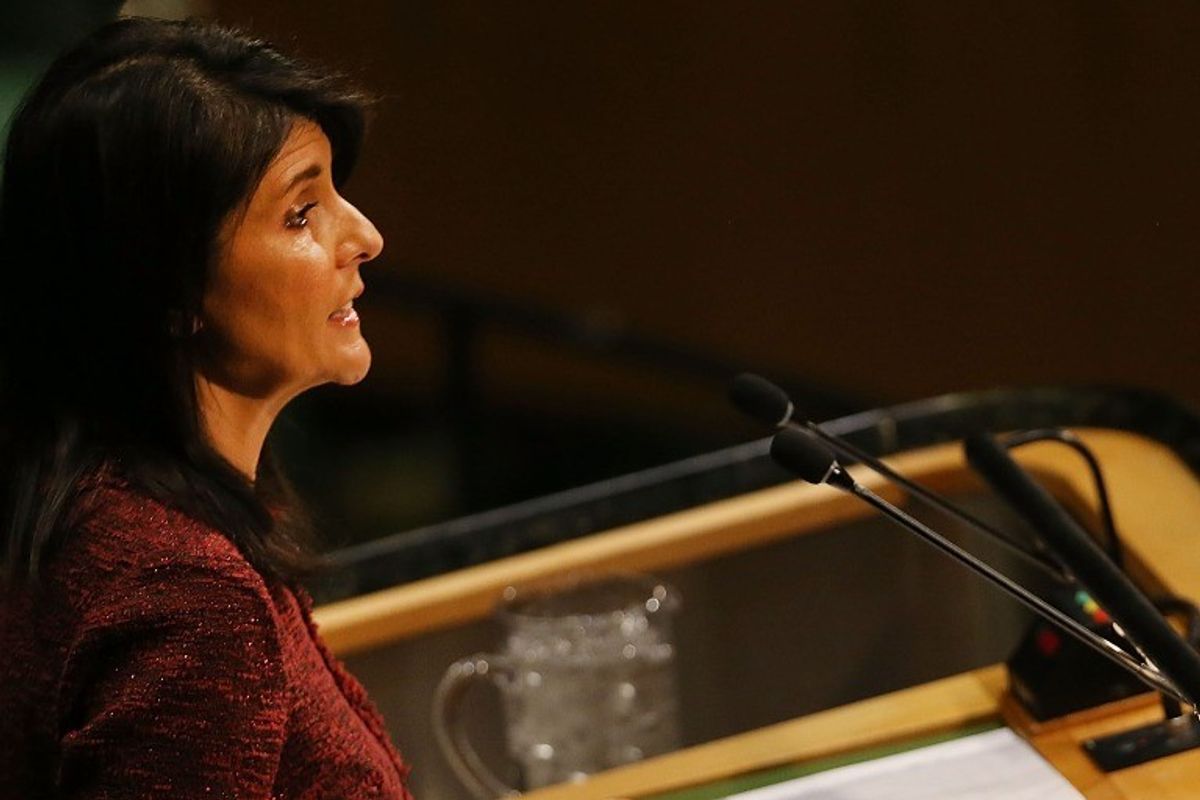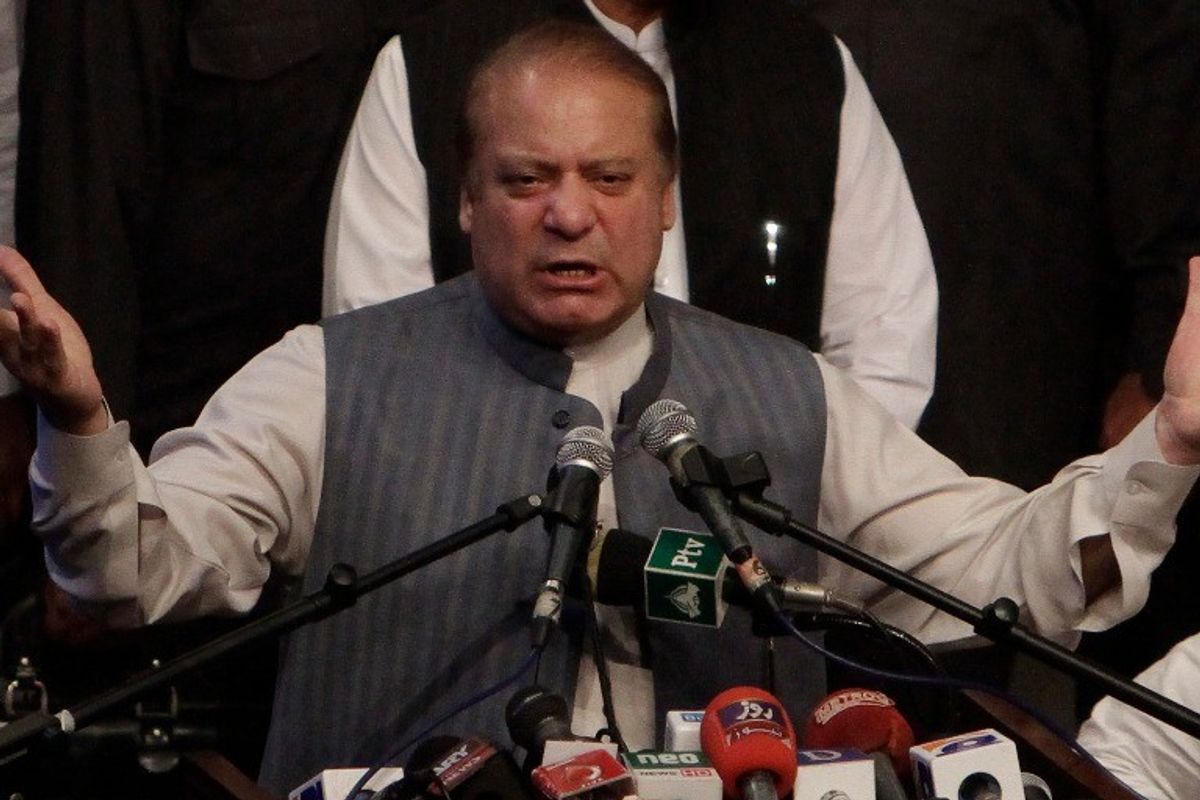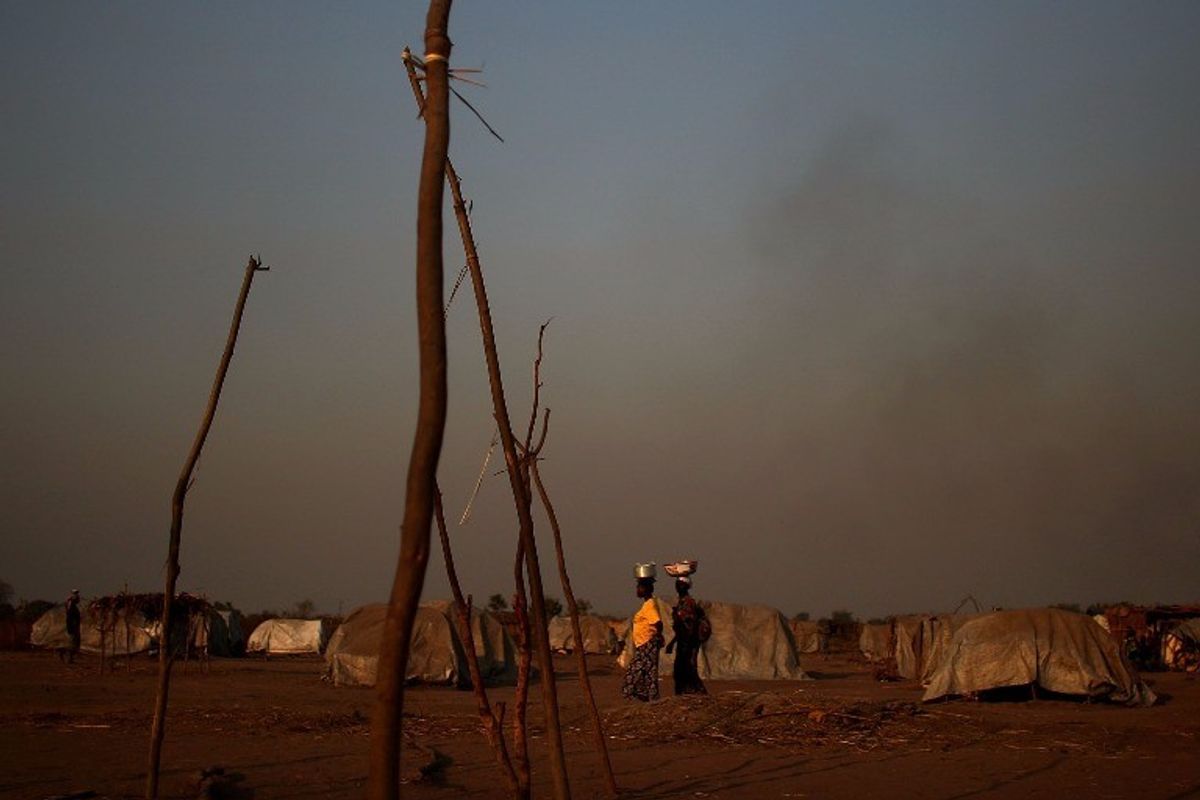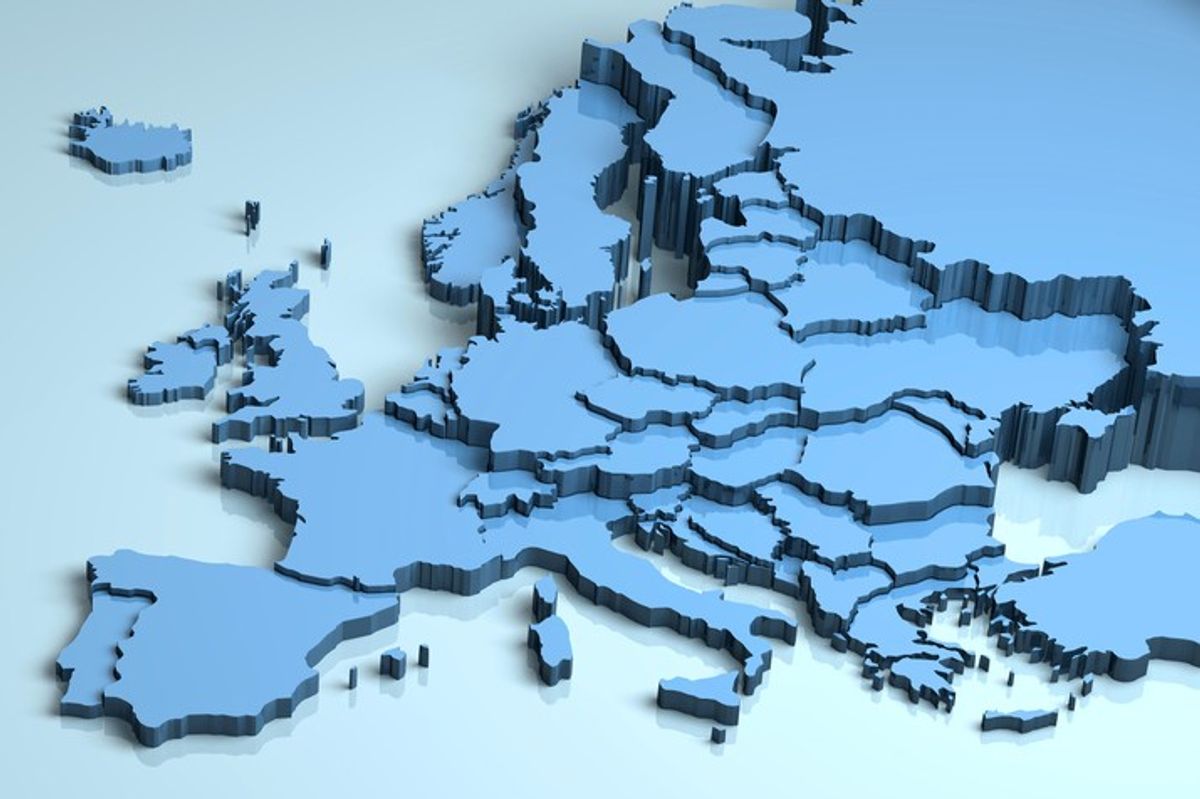Prospects for the world’s most vulnerable people and fragile countries appear more and more bleak, according to humanitarian aid groups, as sources of international aid become less reliable.
In a report released this week, the Bill and Melinda Gates Foundation painted an uncharacteristically pessimistic picture of the trajectory of global progress on 18 key issues, including health, child mortality, and economic development. In HIV treatment alone, the report posits that a not-unrealistic 10 percent cut in global donor funding could lead to 5.6 million more deaths by 2030.
There are a number of factors contributing to this gloomy outlook, but perhaps the most significant is a new budget proposed by the Trump Administration, which would slash U.S. international aid programs, including cuts to health and humanitarian funding by 26 and 44 percent respectively.
If Congress passes Trump’s budget as submitted in May, cuts to humanitarian funding, economic development programs, and foreign aid could have an effect far beyond humanitarian concerns. In testimony submitted in June to the Senate Armed Services Committee, 16 former generals and admirals pointed to the link between economic development and preventing conflict, saying that “strategic development assistance is not charity – it is an essential, modern tool of U.S. national security.”
In other words, dollars spent on food aid to a drought-stricken nation, or investments in vital infrastructure can yield higher dividends than guns and bullets by helping prevent the next conflict before it starts. The national security justification behind foreign economic and humanitarian aid has long influenced the shape of U.S. foreign policy.
The Marshall Plan, which funneled $13 billion (roughly $130 billion today) of U.S. aid towards the reconstruction of Europe after World War II is probably the largest – and most successful – example of how economic development served to bolster American international interests. Not only did that program help repair the war-torn economies and infrastructure of Europe, it also helped stitch together the initial building blocks of the European Union, counter Soviet influence, and create the new markets that American exporters would dominate for decades.
Today, the root cause of modern conflicts is usually linked to factors such as religious persecution or political inequality, often accurately. But this isn’t always the case.
“Often conflict can be fueled by economic inequality and economic drivers that lead societies to instability… the exact economic causes can sometimes be difficult to track because they’ll often manifest themselves in indirect ways,” J.J. Messner, Executive Director of the Fund for Peace and author of the annual Fragile States Index (FSI), told The Cipher Brief.
Looking at the FSI – which tracks the stability of countries on an annual basis using 12 key indicators – this can mean that a bump in one instability indicator, such as group or ethnic grievance, might actually be an indirect result of worsening economic conditions fueling these grievances. For example, countries with a per capita income of $1,000 or less are 41 percent more likely to experience civil war in any given year, according to a study of global conflict by two Stanford political scientists.
Recognizing a connection between poor economic development and violent conflict does not necessarily mean that U.S. government aid programs are the most efficient or effective solutions. To their critics, American foreign aid and development efforts are inefficient, misguided and poorly managed wastes of taxpayer money, while the actual benefits to U.S. strategic interests are difficult to evaluate.
But to those who have helped deliver aid, the benefits are real, even if they take time to bear fruit.
“Economic development does work, but it does not work overnight,” Andrew Natsios, former Administrator of the United States Agency for International Development (AID), told The Cipher Brief.
The problem with common criticisms of aid programs – that they are wasteful and do not produce real results – is that results are often measured only in the short term. As a result, intra-governmental audits and external studies may miss the true dividends of economic development programs, which could come to fruition decades down the line.
“We did not know that the Korean and Taiwanese economic models were going to be such spectacular successes until 15 years into the program… Now, of course, it’s regarded as genius, but it wasn’t at the time,” Natsios noted, explaining that U.S. AID played a major role in spurring the South Korean and Taiwanese economic miracles during the mid-20th century.
The deeper argument against foreign aid and economic development programs – often touted by economic nationalists like Steve Bannon – is that such efforts, whether or not they are effective, do not directly serve American national interests and waste taxpayer money.
But this kind of thinking misses the bigger picture, Natsios argues. Economically healthy, and preferably democratic, allies have formed the linchpin of U.S. foreign policy since the end of the Second World War.
“Our strategic interests are directly involved in these countries, this is not an abstract idea,” he said.
This is a view that Congress and, increasingly, members of Trump’s own cabinet appear to share.
Referring to diplomatic spending, Secretary of Defense James Mattis has famously said that “if you don’t fund the State Department fully then I need to buy more ammunition ultimately.”
Republicans on the Senate Appropriations Committee also roundly rejected the majority of Trump’s cuts to aid programs, and the State Department spending bill passed last week by a comfortable majority.
With Bannon and some of his comrades out of the White House, the Trump Administration, facing resistance in Congress, may no longer be interested in pursuing such deep cuts to foreign aid and economic development programs.
Still, just avoiding cuts is only the first step. To benefit U.S. national security, Natsios would like to see U.S. AID programs get even more funding.
“We do need to make changes to these programs,” Natsios said. “We should be spending a lot more money in critical countries of the world to stabilize and mature them so that they become stable allies of the United States.”
Fritz Lodge is a Middle East and international economics analyst at The Cipher Brief, Follow him on Twitter @FritzLodge.












